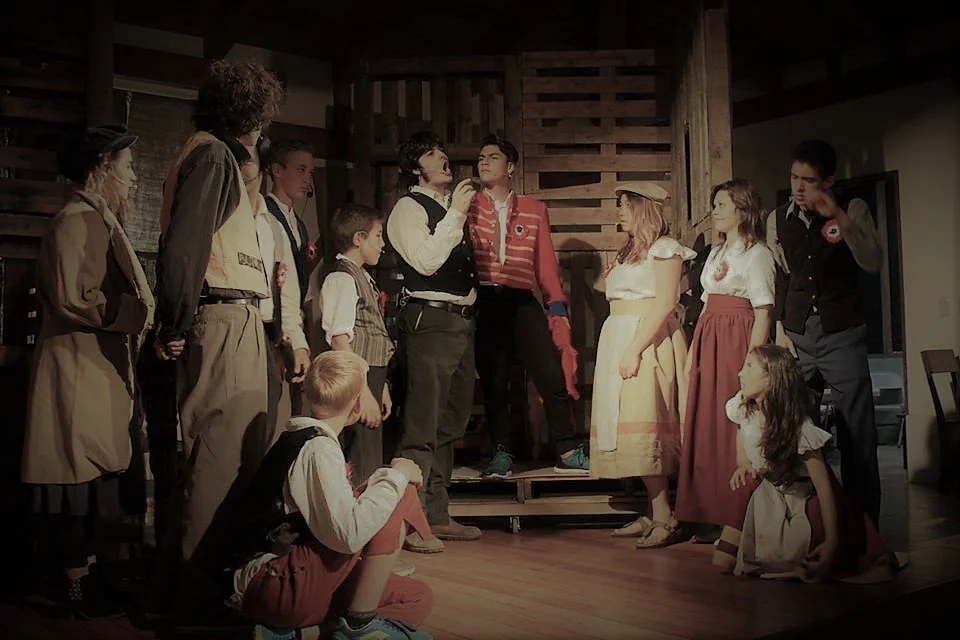The Challenge:
The rural-urban achievement gap is real and growing. Funding and staff shortages present obstacles to student development. This situation exists worldwide, but it can be compounded in less developed and developing countries where education systems generally are already disadvantaged.
Research demonstrates that students of all socio-economic backgrounds learn at roughly equal rates throughout the school year. However, scores from less economically advantaged students decline over the summer at greater rates than their peers.
Working class families often do not have the time or financial resources to engage in educationally valuable activities over the summer. Summer program interventions have demonstrated the ability to bridge this gap and help keep students on the right track.
How do we ensure that all students are afforded the high quality education they need and deserve in order to have the same opportunity as their peers in a global market?
The Solution:
I partnered with a local school in rural Costa Rica to provide quality, effective summer education programming. Together we built and executed a program that addressed the needs of the community, the capacity of the school, and the realities of the global marketplace.
We developed a 6-week program that focused on environmental protection, human rights, global awareness, and STEAM. We offset the cost by engaging credentialed professionals to volunteer their expertise, partnering with local organizations to provide affordable, hands-on projects, and by finding financial support from committed families throughout the United States and Canada.
The 20+ students demonstrated remarkable growth over the 6 week period. Not only did diagnostic assessments reveal educational growth, the confidence boost provided by the community and curriculum was self-evident. The students responded to this opportunity extremely well.
The program was built to be sustainable and is now in its 3rd year. Many of the older students have since gone off to university in the capitol of San Jose. As further proof of the programs perceived value, several of these students return to participate as mentors.

